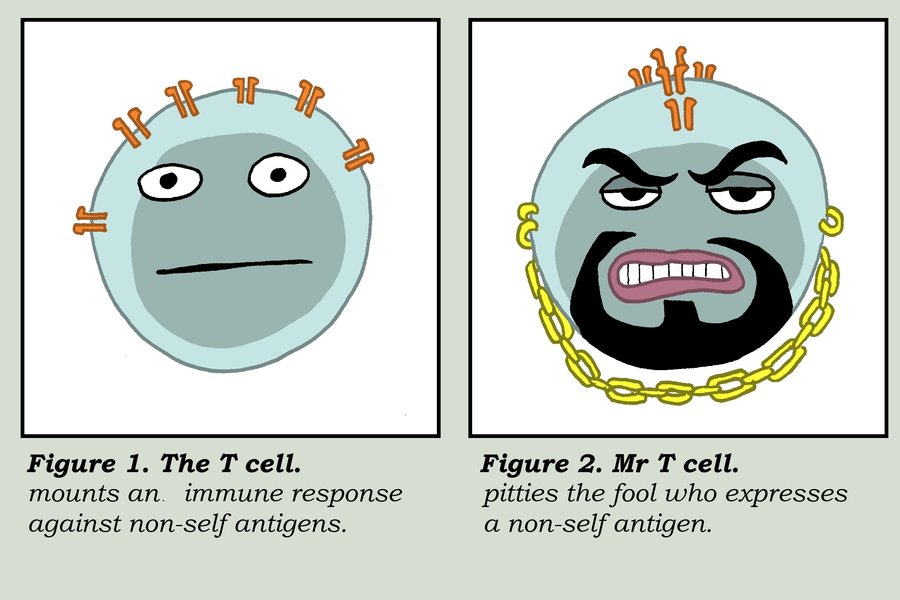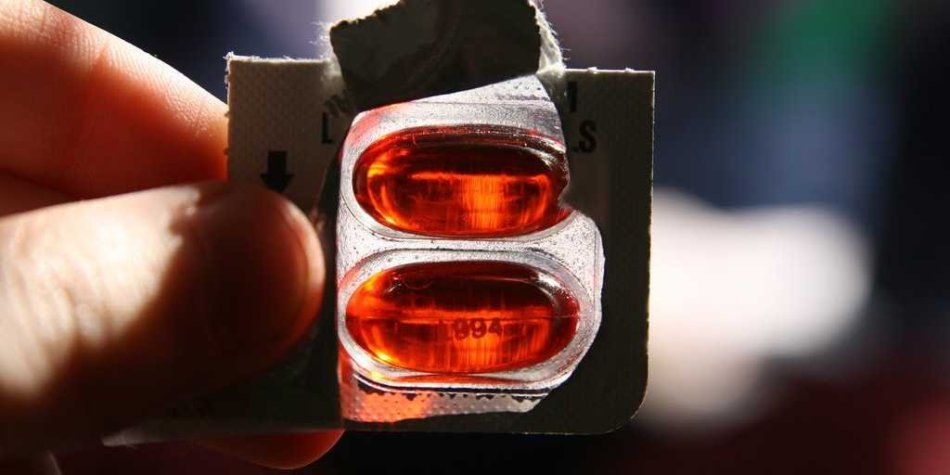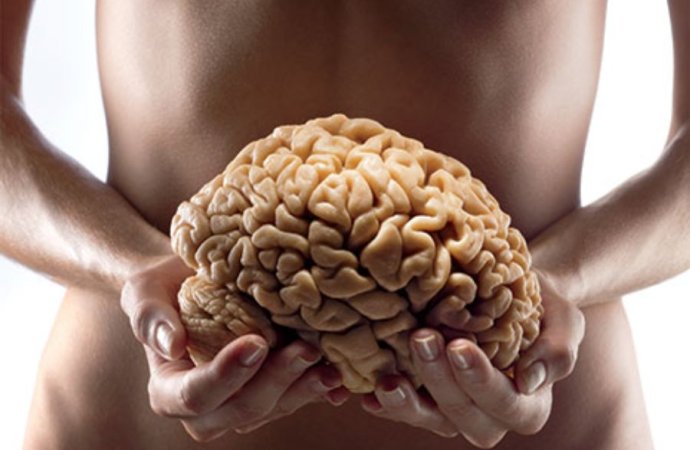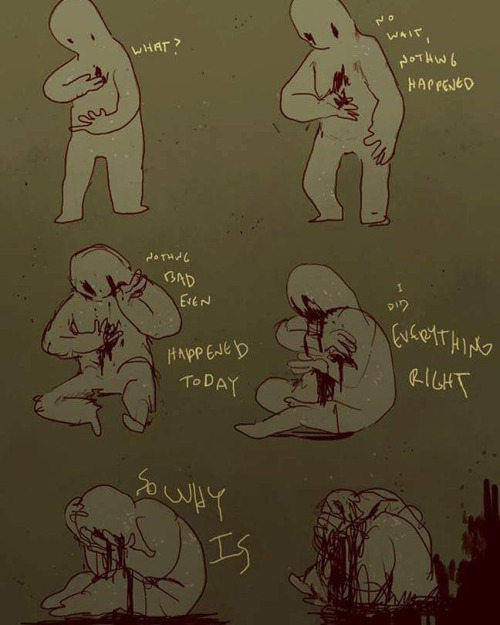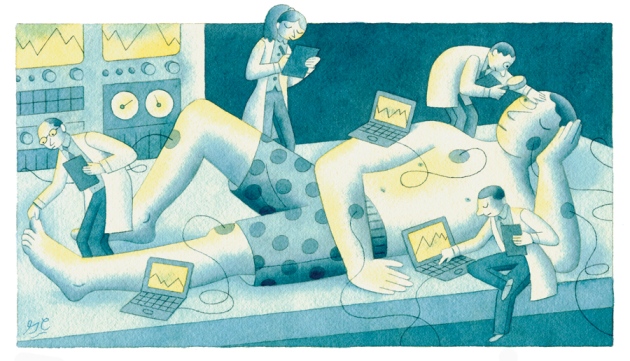Self care and health care


Maybe it’s just me, but going to the doctor is exhausting. I think selfcare in general is exhausting and so I’ve basically automated my routine, or maybe created a standard routine it is the correct way to phrase that, to make my life as simple as possible. One thing I can’t do is that with is my health care. I can’t be the only one, so in the spirit of sharing, let’s talk about self care and health care.
(more…)So you’ve had a septoplasty


Fine, I guess I should share some of my story since I share everything else and this would be useful to anyone else needing the same thing. Technically speaking what was done was a combination of surgeries, but I’m going out on a limb and thinking the good ol’ septoplasty is the one most people will be having and so that’s the topic of the day.
(more…)Surgical recovery, yet again!

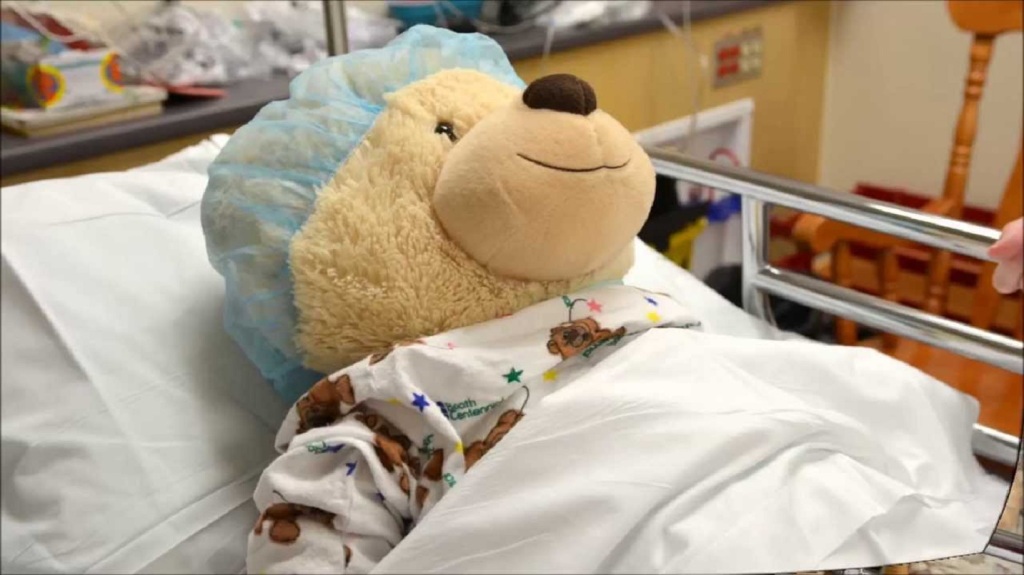
Well today is officially day one of my recovery. Yesterday (here) I had my…. well it’s in the double digits that’s for sure, surgery. I was spoiled this year as I only had a single surgery, normally I go in once every six months for something and I’ve had that routine for the last six or so years, so yeah double digit surgery count, but I don’t remember the exact number, I think it’s 13 (spooky!) in any case I lived, despite the VA hospitals best efforts.
(more…)A funeral is for the living


The steady climb of the death toll from the pandemic is once again ramping back up as more people are exhausted from living like… well like we are living in a pandemic. Misinformation and outright lies are being passed around as truth. What’s worse is the people arguing that COVID is not an issue treat the incredibly high and incredibly senseless amount of death that is a direct result of callous disregard for others as an acceptable price for the right to be selfish. I saw enough senseless death in the military to want to be the direct cause of more. But maybe that’s just me.
(more…)You still need to wear the damn mask


I know, it’s been a long pandemic. I’m tired, your tired, so, so many people are dead. It’s a lot, hell it’s a plot of dozens of horror movies, but it’s not over. So once again I am begging my lovely readers to wear the damned mask. I know there is a lot of confusing information out there. Some of it says don’t bother with the mask, some tells you wear one if you’re not vaccinated, it feels mixed signals sure sure. Well let me make it incredibly simple, wear the damn mask. You put on pants when you go outside, wear the damn mask.
(more…)And nothing was wrong with me…


Last summer I had some sort of autoimmune thing kick up. Frankly I’m not sure it was autoimmune or what the hell it was, but it hurt, left me feeling exhausted, and caused my hands, face, and elbows to form raised red spots that later peeled off (here). It was incredibly painful, made me question the minor breakouts of whatever it was that had been going on for a good ten years or so prior, and was a red flag that I was not okay. But the pandemic has been ongoing so getting attention from the VA, which is notoriously awful, had been difficult. Had been, I finally got the chance to see someone.
(more…)COVID variants and our future


Awhile back I wrote a post on everything you needed to know about the COVID vaccine (here), I talked about the science, my experience with it (as someone who got vaccinated very early on), and more importantly why you should feel safe getting your shots too. Very ominously I mentioned that the target for the vaccine was the spike protein because it would (ideally, but not for sure) be conserved across mutations, well it’s time for an update and the news isn’t great.
(more…)I got my COVID Vaccine – update


Well today is day 1 post COVID vaccine. That was the first of two shots that I need to get, the second one will be in the middle of January (already scheduled). Since I was lucky enough to get the vaccine I thought I would talk a bit about the side effects of it, at least from my end. My hope is to help people relax a bit and when it becomes available to the public, you won’t be nervous to get it done.
(more…)I’m getting my COVID vaccine today!


Today is the day! About a week ago I got an email letting me know that I could be vaccinated. While I’m a researcher in a hospital, my work involves a high risk population (people with spinal cord injury) so I’m front facing with patients on a regular basis. I’m also disabled which may have factored into my group placement. Whatever the case, I got a spot in line and now it’s my turn. My Co-PI who’s lab I work out of already got his, but he was in a higher group than I was. As usual I have some thoughts on all this…
(more…)Please, stay home for the holidays!


Don’t do it. Seriously, why are we having this discussion right now? It makes no sense, there is a pandemic going on and if you live specifically in the US (which I do) you’re going to need to stay home. Sure the holidays can be an important time of year for families, but do we really need a holiday to celebrate with our family? Why not wait until this is over? More importantly is it worth putting all of them, yourself, and the people you come in contact with at risk?
(more…)Red meat and organs may pose a significant health hazard

Neu5Gc, a non-human sialic acid sugar molecule common in red meat that increases the risk of tumor formation in humans, is also prevalent in pig organs, with concentrations increasing as the organs are cooked, a study has found. The research suggests that Neu5Gc may pose a significant health hazard among those who regularly consume organ meats from pigs.
A new view of the immune system

Pathogen epitopes are fragments of bacterial or viral proteins. Attached to the surface structure of cells, they prompt the body’s immune system to mount a response against foreign substances. Researchers have determined that nearly a third of all existing human epitopes consist of two different fragments. Known as ‘spliced epitopes’, these types of epitopes have long been regarded as rare. The fact that they are so highly prevalent might, among other things, explain why the immune system is so highly flexible.
Cold medicine could stop cancer spread

Bladder cancer is the seventh most common cancer in males worldwide. Every year, about 20,000 people in Japan are diagnosed with bladder cancer, of whom around 8,000–mostly men–succumb to the disease. Bladder cancers can be grouped into two types: non-muscle-invasive cancers, which have a five-year survival rate of 90 percent, and muscle-invasive cancers, which have poor prognoses.
High cholesterol triggers mitochondrial oxidative stress leading to osteoarthritis
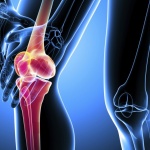
High cholesterol might harm more than our cardiovascular systems. New research using animal models suggests that high cholesterol levels trigger mitochondrial oxidative stress on cartilage cells, causing them to die, and ultimately leading to the development of osteoarthritis.
Doc versus machine

Increasingly powerful computers using ever-more sophisticated programs are challenging human supremacy in areas as diverse as playing chess and making emotionally compelling music. But can digital diagnosticians match, or even outperform, human physicians? The answer, according to a new study, is “not quite.”
Omega-3 fatty acid stops known trigger of lupus

A team of researchers has found that consuming an omega-3 fatty acid called DHA, or docosahexaenoic acid, can stop a known trigger of lupus and potentially other autoimmune disorders. DHA can be found in fatty, cold-water fish and is produced by the algae that fish eat and store in their bodies. It can be found in fish oil supplements as well, used by more than 30 million Americans.
Children could point the way to new HIV treatments

Children with HIV who can resist the disease progressing could point the way to new treatments for HIV infection that are more widely applicable to infected adults and children alike, an international team of researchers has found.
Historical analysis examines sugar industry role in heart disease research

Using archival documents, a new report examines the sugar industry’s role in coronary heart disease research and suggests the industry sponsored research to influence the scientific debate to cast doubt on the hazards of sugar and to promote dietary fat as the culprit in heart disease.
Protect kids from toxic secondhand smoke, experts urge

It’s advice most smokers with children probably take lightly, but they shouldn’t. Parents and policy advocates should take a “zero tolerance” approach to exposing children to secondhand cigarette smoke, which can be responsible for lifelong cardiovascular consequences in addition to respiratory and other health issues.
Potentially harmful chemicals widespread in household dust

Household dust exposes people to a wide range of toxic chemicals from everyday products, according to a new study. A multi-institutional team conducted a first-of-a-kind meta-analysis, compiling data from dust samples collected throughout the United States to identify the top ten toxic chemicals commonly found in dust.
The new findings heart repair research

Scientists trying to find ways to regenerate a damaged heart have shed more light on the molecular mechanisms that could one day make this a reality. Whilst other organs such as the liver can regenerate, the heart muscle has very little ability to do so after suffering damage, such as a heart attack.
In the womb the body is able to produce heart muscle cells but soon after birth it effectively stops producing them.
Study could herald new treatment for muscular dystrophy

New research has shown that the corticosteroid deflazacort is a safe and effective treatment for Duchenne muscular dystrophy. The findings could pave the way for first U.S.-approved treatment for the disease.
How long do you want to live? Your expectations for old age matter

Why do some people want to live a very long time, while others would prefer to die relatively young? In a latest study, a team of researchers investigated how long young and middle-aged adults in the United States say they want to live in relation to a number of personal characteristics. The results showed that more than one out of six people would prefer to die younger than age 80, before reaching average life expectancy.
Stroke-like brain damage is reduced in mice injected with omega-3s
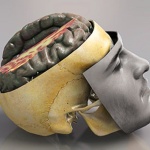
A stroke can happen at any age, and as with anything that involves the brain, a few seconds can be life altering. Usually the rule is time lost is brain lost, but there might be some good news regarding that, researchers found that omega-3 fatty acids reduced brain damage in a neonatal mouse model of stroke.
Cloth masks offer poor protection against air pollution

Results of a new study by environmental health scientists suggest that inexpensive cloth masks worn by people who hope to reduce their exposure to air pollution vary widely in effectiveness and could be giving users a false sense of security, especially in highly polluted areas.
Targeting the gut-brain connection can impact immunity

There’s a reason it’s called a gut feeling. The brain and the gut are connected by intricate neural networks that signal hunger and satiety, love and fear, even safety and danger. These networks employ myriad chemical signals that include dopamine, a powerful neurotransmitter most famous for its role in reward and addiction.
Microcephaly discoveries in non-Zika cases explain abnormal brain growth
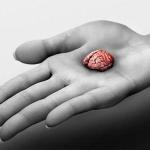
Long before Zika virus made it a household word, the birth defect called microcephaly puzzled scientists and doctors — even as it changed the lives of the babies born with it during the pre-Zika era. But new discoveries reported by an international team of scientists may help explain what happens in the developing brains of babies still in the womb, causing them to be born with small brains and heads.
From Sci Fi to reality: Unlocking the secret to growing new limbs

Many lower organisms retain the miraculous ability to regenerate form and function of almost any tissue after injury. Humans share many of our genes with these organisms, but our capacity for regeneration is limited. So scientists are studying the genetics of these organisms to find out how regenerative mechanisms might be activated in humans.
Cardiac complications from energy drinks?

The high levels of caffeine in energy drinks may lead to cardiac complications. A new case report adds to previous reports of adverse cardiovascular events related to consuming energy drinks, including abnormal heart rhythms (arrhythmias).
FAMIN or feast? Newly discovered mechanism influences how immune cells ‘eat’ invaders

A new mechanism that affects how our immune cells perform – and hence their ability to prevent disease – has been discovered by an international team of researchers. To date, researchers have identified hundreds of genetic variants that increase or decrease the risk of developing diseases from cancer and diabetes to tuberculosis and mental health disorders.
Tracking how HIV disrupts immune system informs vaccine development

One of the main mysteries confounding development of an HIV vaccine is why some people infected with the virus make the desired antibodies after several years, but a vaccine can’t seem to induce the same response.
Why do antidepressants take so long to work?

Medication roulette, if you have ever had to deal with depression or other types of mental illness you know what I’m talking about. You take a pill that could help or could cause all sorts of horrid side effects. You cross your fingers as you take that first pill and in the 4-6 weeks it takes to start working you cross your fingers, hope, wish and probably even dread the outcome. But why does it take so long for antidepressants to start working in the first place and what could be done to change that?
Protein found to bolster growth of damaged muscle tissue


Read more about the story behind this image and see others here.
Biologists have found that a protein that plays a key role in the lives of stem cells can bolster the growth of damaged muscle tissue, a step that could potentially contribute to treatments for muscle degeneration caused by old age and diseases such as muscular dystrophy. The results show that a particular type of protein called integrin is present on the stem cell surface and used by stem cells to interact with, or “sense” their surroundings.
Reopening avenues for attacking ALS

Researchers have found evidence that bone marrow transplantation may one day be beneficial to a subset of patients suffering from amyotrophic lateral sclerosis (ALS), a fatal neurodegenerative disorder more commonly known as Lou Gehrig’s disease.
New supplement may switch off cravings for high-calorie foods

Eating a type of powdered food supplement, based on a molecule produced by bacteria in the gut, reduces cravings for high-calorie foods such as chocolate, cake and pizza, a new study suggests. Scientists asked 20 volunteers to consume a milkshake that either contained an ingredient called inulin-propionate ester, or a type of fibre called inulin.
Experimental antibiotic treats deadly MRSA infection
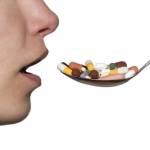
The antibiotic arms race is on, while we are rushing to find new antibiotics, bacteria are working on finding ways around them. With that in mind, a new experimental antibiotic developed by a team of scientists successfully treats the deadly MRSA infection and restores the efficacy of a commonly prescribed antibiotic that has become ineffective against MRSA.
Researchers watch skin cells ‘walk’ to wounds

New research is giving a whole new meaning to feeling your skin crawl. Skin cells typically spend their entire existence in one place on your body. But researchers have seen how the cells will alter the proteins holding them in place and move to repair a wound.
New muscular dystrophy drug target identified
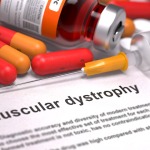
Scientists have discovered that muscle cells affected by muscular dystrophy contain high levels of an enzyme that impairs muscle repair. This finding provides a new target for potential drug treatments for the disease, which currently has no cure. Muscular dystrophy (MD) is an inherited genetic condition that gradually causes a weakening of muscles.
Google searches for ‘chickenpox’ reveal big impact of vaccinations
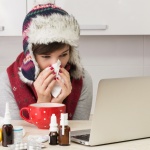
Countries that implement government-mandated vaccinations for chickenpox see a sharp drop in the number of Google searches for the common childhood disease afterward, demonstrating that immunization significantly reduces seasonal outbreaks. That’s one of the findings from a new study that analyzed thousands of Google searches for “chickenpox.”
Schizophrenia: The brain has the ability to rescue itself

A team of scientists have shown that the brains of patients with schizophrenia have the capacity to reorganize and fight the illness. This is the first time that imaging data has been used to show that our brains may have the ability to reverse the effects of schizophrenia.
You are what you eat: Immune cells remember their first meal
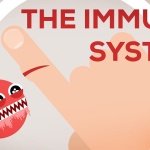
Scientists have identified the trigger for immune cells’ inflammatory response — a discovery that may pave the way for new treatments for many human diseases. Immune cells play essential roles in the maintenance and repair of our bodies. When we injure ourselves, immune cells mount a rapid inflammatory response to protect us against infection and help heal the damaged tissue.
Antibody therapy opens door to potential new treatment for HIV

The development of antiretroviral therapy, a combination of drugs that slows the replication of HIV in the body, has transformed the treatment of this infection. What was once a certain death sentence is now a chronic condition that people can live with for decades. But this therapy has drawbacks. There are side effects, including kidney problems, decreased bone density, and gastrointestinal problems. And if a person discontinues his or her treatment, even missing a few doses, the level of the virus in the body is able to rebound quickly.
Smartphones uncover how the world sleeps


A pioneering study of worldwide sleep patterns combines math modeling, mobile apps and big data to parse the roles society and biology each play in setting sleep schedules. The study used a free smartphone app that reduces jetlag to gather robust sleep data from thousands of people in 100 nations. The researchers examined how age, gender, amount of light and home country affect the amount of shut-eye people around the globe get, when they go to bed, and when they wake up.
Salts in the brain control our sleep-wake cycle

Insomnia, fun fact those of us who have served or are serving in the military have a much higher incidence of sleep problems. So if you are like me and have ever been prescribed something to help you sleep, you know that there are some unwanted side effects. For instance the time I lost memory of a whole day of interacting with people to the ambien I had taken the night before, not fun. Thankfully Danish researchers found that the level of salts in the brain plays a critical role in whether we are asleep or awake.


